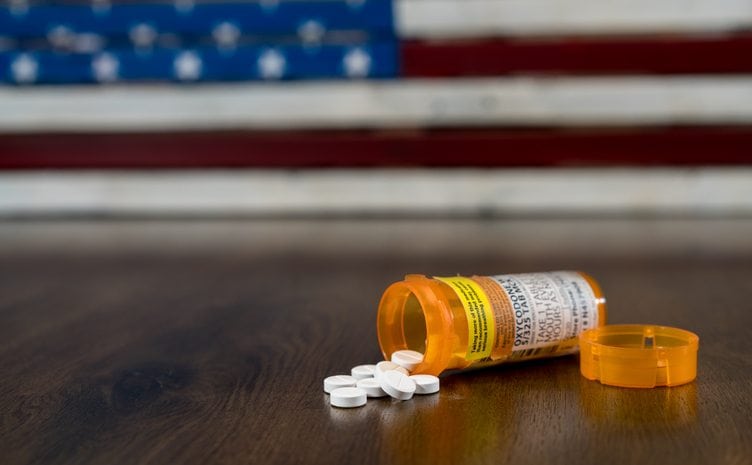<< Back
Rep. DeLauro: ‘I’ll Fight Like Hell’ for Opioid-Treatment Funding

March 14, 2018
Better care coordination, job training for social workers and expanding the recovery coach program were some of the suggestions during a roundtable discussion Monday led by U.S. Rep. Rosa DeLauro at the Rushford Silver Street facility in Middletown. The event was attended by more than 30 addiction experts, law enforcement officials and recovering addicts.
Although there is $7 billion allocated in the current two-year federal budget to help fight the crisis, the Trump administration is planning to cut the budget of the Office of National Drug Control Policy, or ONDCP, by $340 million. The administration has said the ONDCP would remain as the White House drug policy agency but the money would be funneled through grants from larger agencies.
DeLauro, who told the crowd she would “fight like hell” to ensure funding for crucial programs remains in place, said she was attending the meeting to hear where resources would go best. “Tell me what I don’t know,” she said.
Some advocates suggested expanding the successful recovery coach program from beyond hospital emergency departments. Recovery coaches are assigned to respond to requests for substance use treatment on an on-call basis in the emergency departments at Backus Hospital, Windham Hospital, MidState Medical Center and soon Hartford Hospital. Whenever a patient comes into the emergency department seeking treatment for a substance-use disorder, such as an opioid addiction, front-line staff can contact the recovery coaches to work directly with the patient after he or she has received emergency care. The results have been impressive with patients connecting to care more than 95 percent of the time.
Rushford Medical Director Dr. J. Craig Allen said it’s crucial to keep patients engaged in their recovery after they begin treatment.
“We have effective treatments and capacity in our programs, it’s sustaining engagement that’s the challenge. Easy availability of low cost, super potent fentanyl means lapses in treatment can be fatal” said Allen. “With better care coordination utilizing recovery coaches, peer supports, and/or navigators we’ll be able to multiply our success and start to curb the number of deaths we’re seeing.”
Aurora, a recovering addict, said the process to connect to services can be confusing and frustrating, especially for someone battling addiction.
“Sometimes I don’t know where to go or how to start,” she said.
There were more than 1,000 opioid related deaths in Connecticut in 2017.
For more information or to seek help for treatment to opioid addiction, visit here.